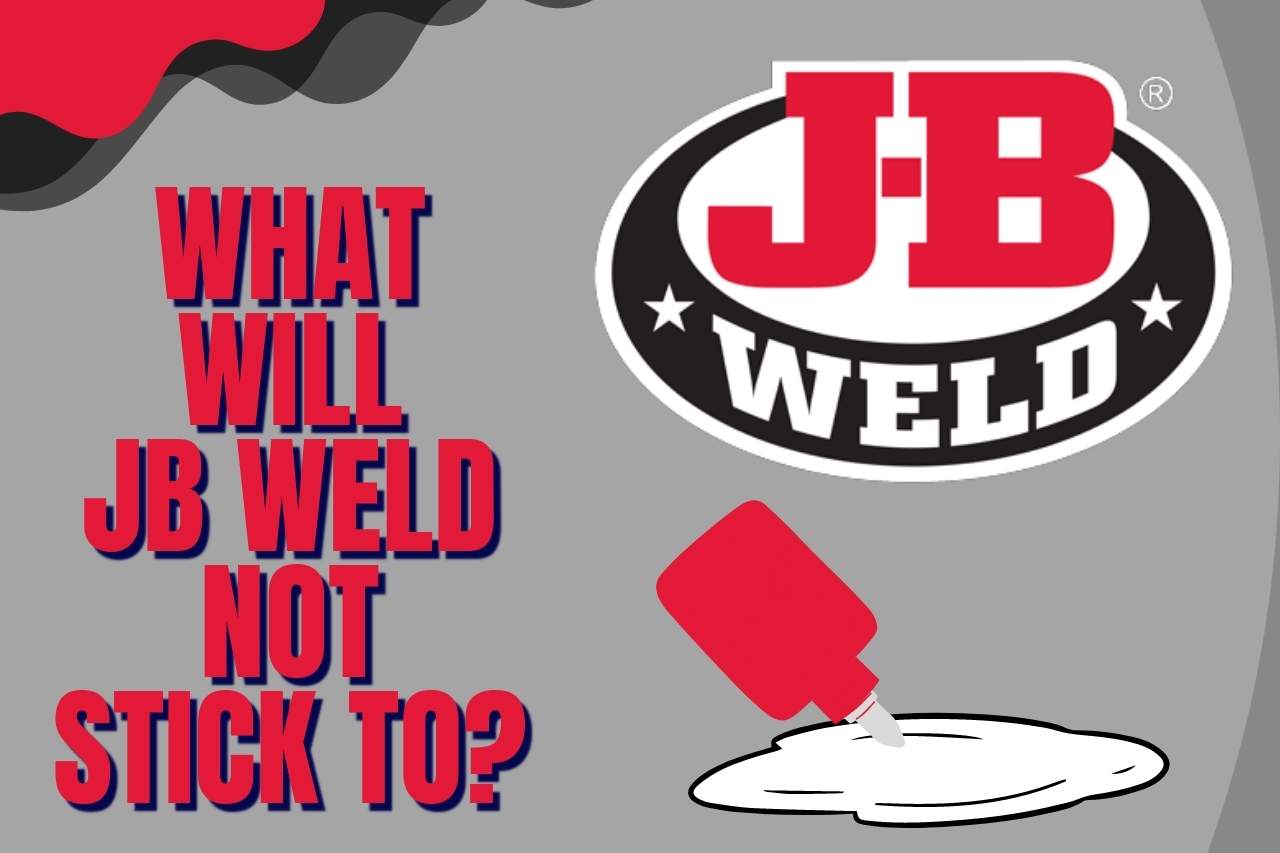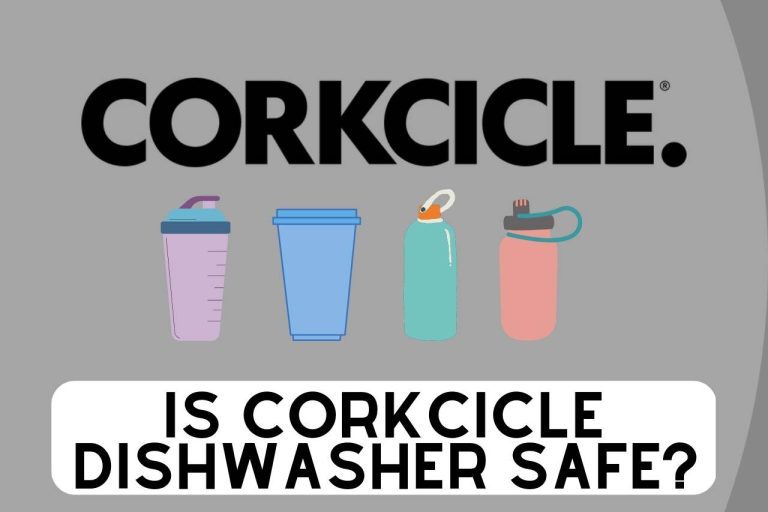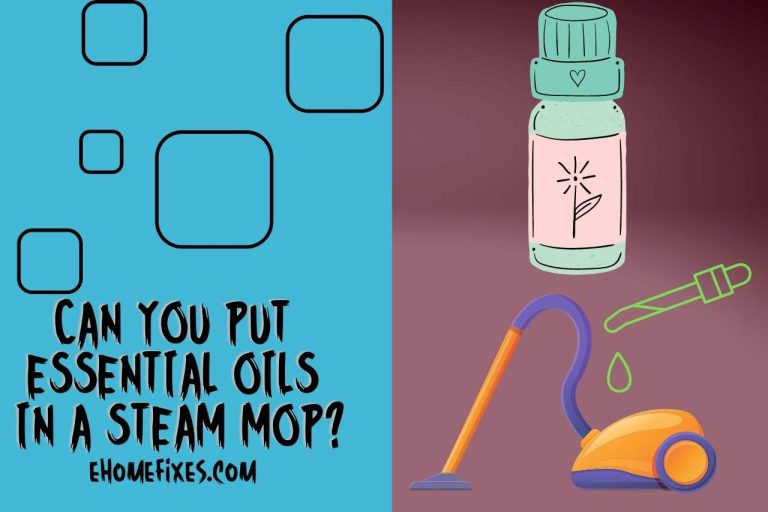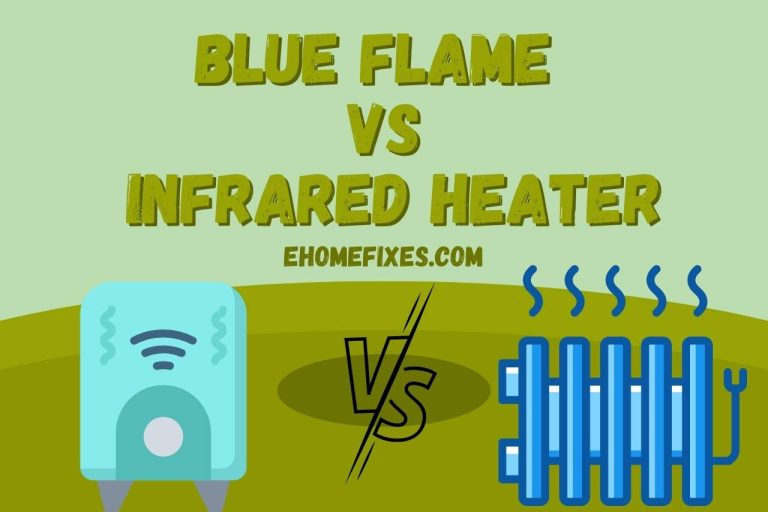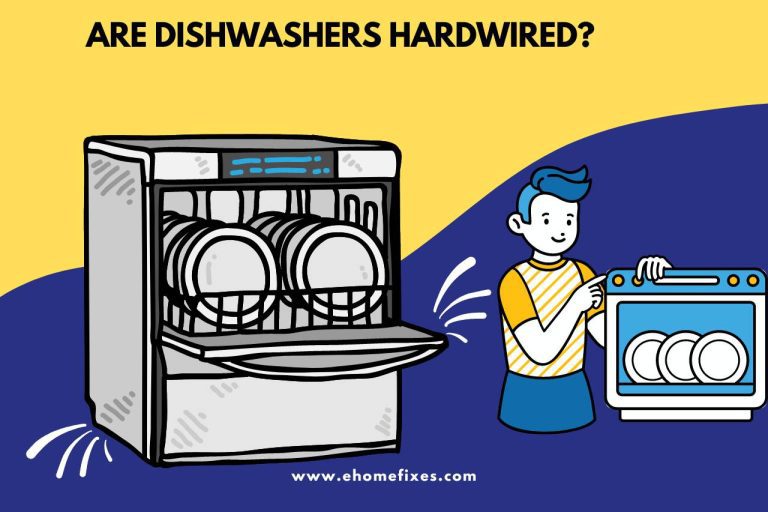What Will JB Weld not Stick to? Expert Best Answer!!!
JB Weld is a well-known brand of epoxy products. But a lot of people do research on this before using it. One of the questions that many people have is, what will JB Weld not stick to? Indeed, JB Weld is a very effective adhesive. Mainly used as a filler between two surfaces in a high-temperature and collision environment.
But if you have not used JB Weld so far, you should be aware of the precaution before using it.
What can this use for? And what will it not stick to? This article will find the correct answers to all your problems.
Properties of JB Weld
JB Weld is an adhesive that can effectively join two surfaces to withstand a very high-temperature environment. You can successfully bond various surfaces such as metal, porcelain, ceramic, glass, marble, PVC, amber, concrete, fiberglass, wood, fabric, or paper. In particular, it is designed to resist shocks, vibrations, and high heat. Accordingly, a J-B Weld can withstand a temperature of 500 degrees Fahrenheit. Another notable point is that bonding can be done even in a microwave oven, which is exposed to stronger microwave radiation than thermal radiation.
This takes at least 15 hours to cool completely and reach the final result. For faster drying, keep your room temperature at least 50 degrees Fahrenheit. This results in some acceleration. Let us tell you another little tip. If you cannot increase the room temperature, placing a heat lamp near the bond will significantly speed up the healing process.
What Will JB Weld not Stick to?
A few common materials that do not work well with JB Weld have been identified. Plastic, vinyl, rubber, and aluminum are some of them. Let’s explore this phenomenon in depth. The suitability may vary depending on the surface you are applying the adhesive. Therefore, you must understand the raw materials to choose for your project or the epoxy used to connect them.
Plastic, rubber, glass, painted surfaces, stainless steel, aluminum, copper are tough to join with JB Weld. They often don’t stick well. The best way to avoid this risk is to take two pieces of the raw material you intend to use and test a small amount of JB Weld before applying it to your work. Then you can do the same as you would typically use.
How to Apply JB Bond for a Better Bond?
You probably know the importance of applying your epoxy bond correctly. Follow these simple steps to apply the adhesive properly.
First, you must remove the surface you will glue from grease, oil, paint, or loose debris. To get the most out of your task, clean the surface using detergent if necessary. Otherwise, there is another trick. Use coarse sandpaper to roughen the surface.
Here you will find two tubes of epoxy. You have to mix some trivial amounts of them. Then using the appropriate tool in an even coat, Weld bead, or extruded shape will make your job easier. Then place the surface you want properly and bond them using the epoxy. Usually, you have to wait for 4-5 hours till it sets. And it takes about 24 hours to heal properly. The most important thing to remember here is to ensure both surfaces are thoroughly cleaned before applying the bond in order to achieve the best results.
Is JB Weld Better than Superglue?
These two types of glue are used in a same level. But there is a noticeable difference between the application process and energy. The main thing here is that JB Welds are more robust than superglue. It is widely used in the construction industry. Superglue is best suited for household use, even if this is a suitable glue method.
How Long Does JB Weld Bond Last?
As we discussed, the JB Weld is a solid epoxy. You may want to know how long your epoxy bond will last. But before that, let us tell you a special tip. You know you need to clean the surface before you apply your adhesive. Avoid using things like alcohol to purify this. Then the duration of your bond will decrease. In fact, your epoxy bond will typically last up to 3 years if it is applied after a proper cleaning.
Can You JB Weld over JB Weld?
You know that a JB bond is used to bond two surfaces together. But this is the biggest problem you have now. Can you JB Weld over JB Weld? The simple answer to this is yes; you can. But experts do not recommend it. The reason is that two surfaces are used for gluing, as mentioned earlier. Here you only have to apply the bond to one surface. Then your bond fails.
Will JB Weld Stick to Plastic?
If you want to fix something like plastic, JB Weld is a good option. But here is something you should remember. As we explained before, when joining two surfaces like plastic, it is imperative to clean the surfaces thoroughly. There has been no change in the steps given for use here. Again, keep in mind that surface cleanliness directly affects the bond’s quality, success, and durability.
What are Alternatives to JB Weld?
JB Weld is one of the strongest epoxies on the market. But in some cases, you may have to go for some alternatives. What alternatives can be easily found for a solid quality product like JB Weld? You can achieve similar results to JB Weld by mixing silica and iron powder with regular epoxy.
What Will Dissolve the JB Weld?
JB Weld is a very effective epoxy bond. And when you want to dissolve it, there are three straightforward techniques. You can remove this by washing it with alcohol. And it can also be easily removed by heating with high heat. Finally, you can use a grinder to cut and remove the bond.
Conclusion
As mentioned frequently, JB Weld can be identified as a perfect epoxy bond. This article mainly discusses the information related to the question, “what will JB Weld not stick to?” Also, this article will undoubtedly provide additional knowledge regarding JB-Weld.
Discover More: Related Articles You Can’t Miss

